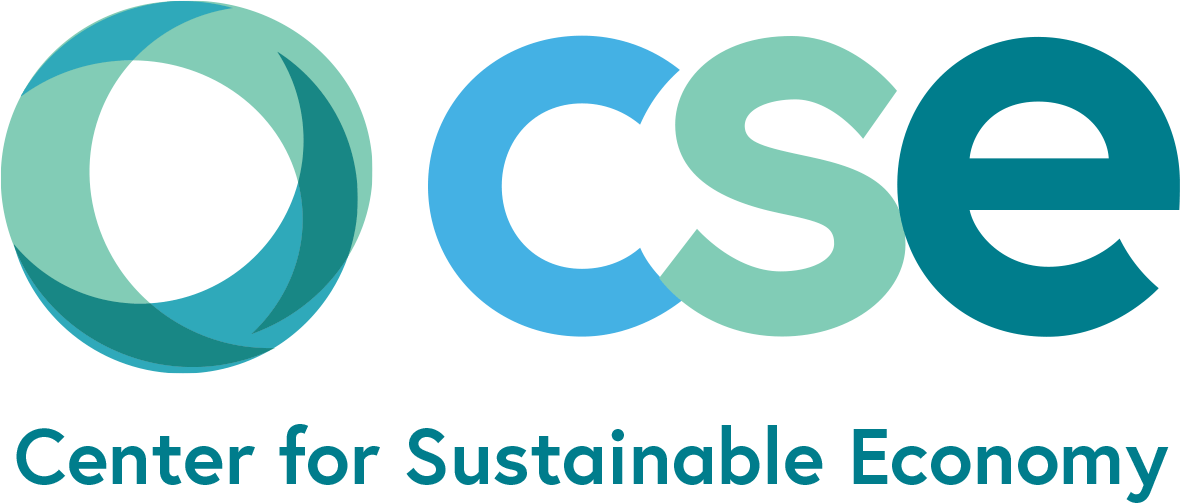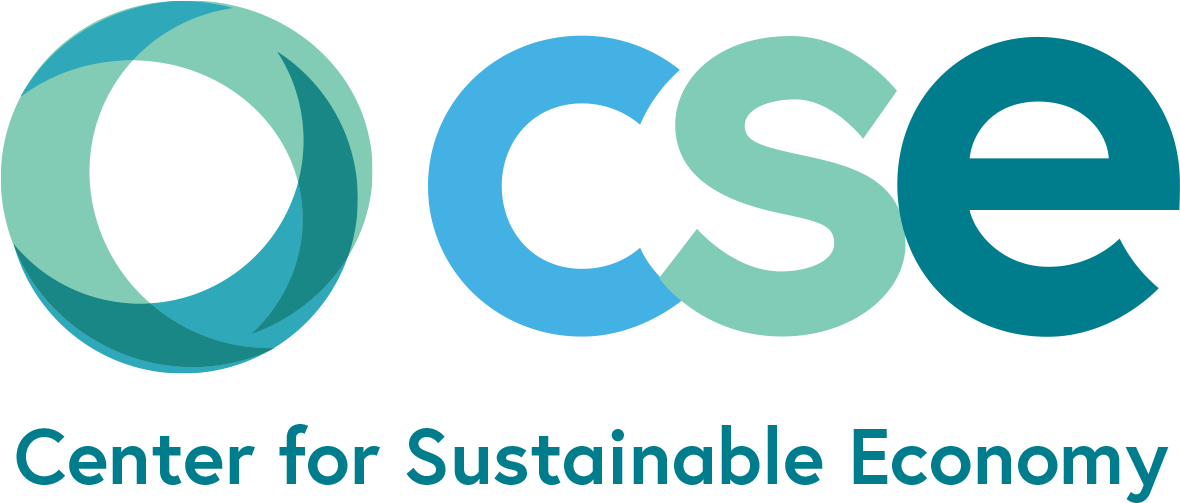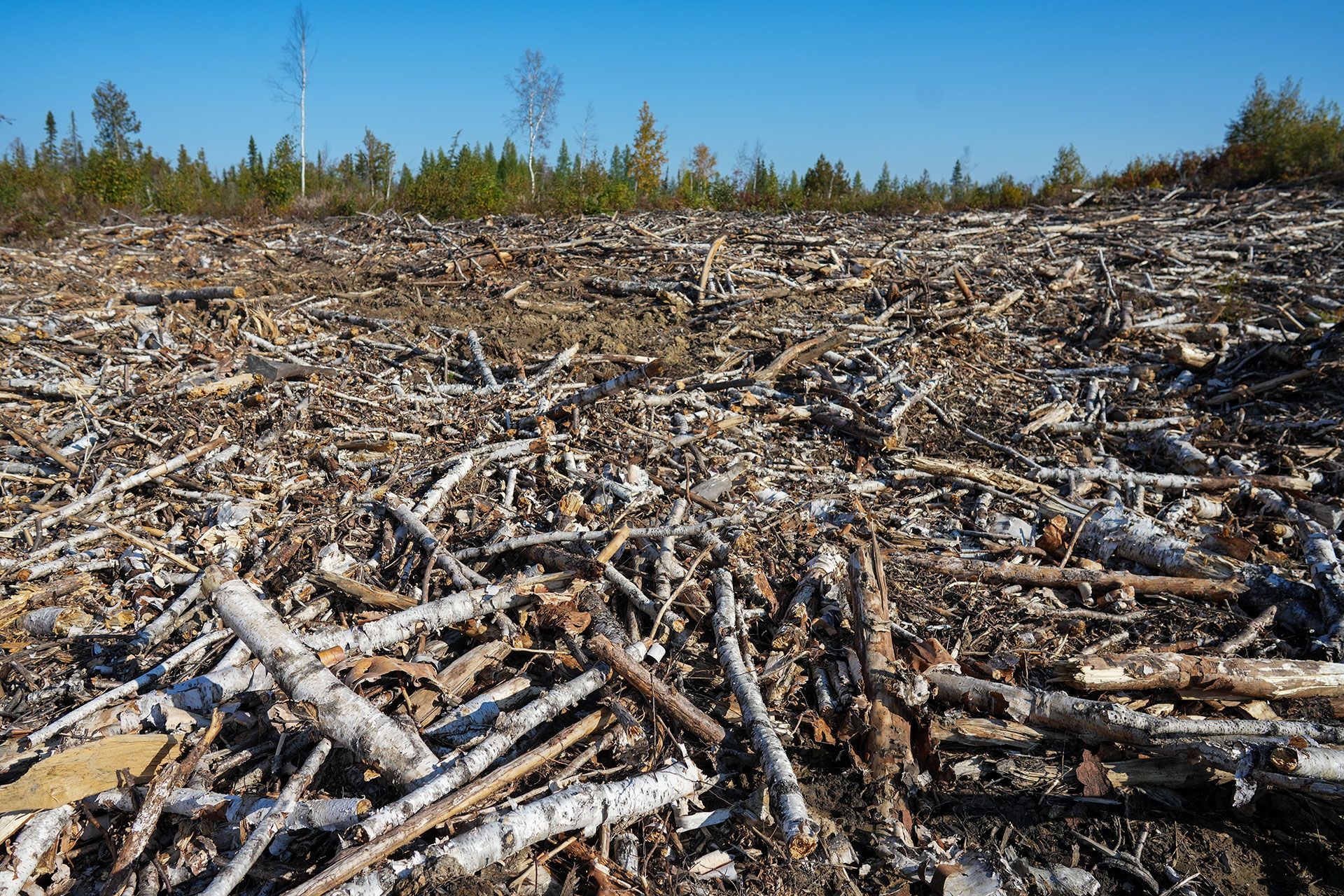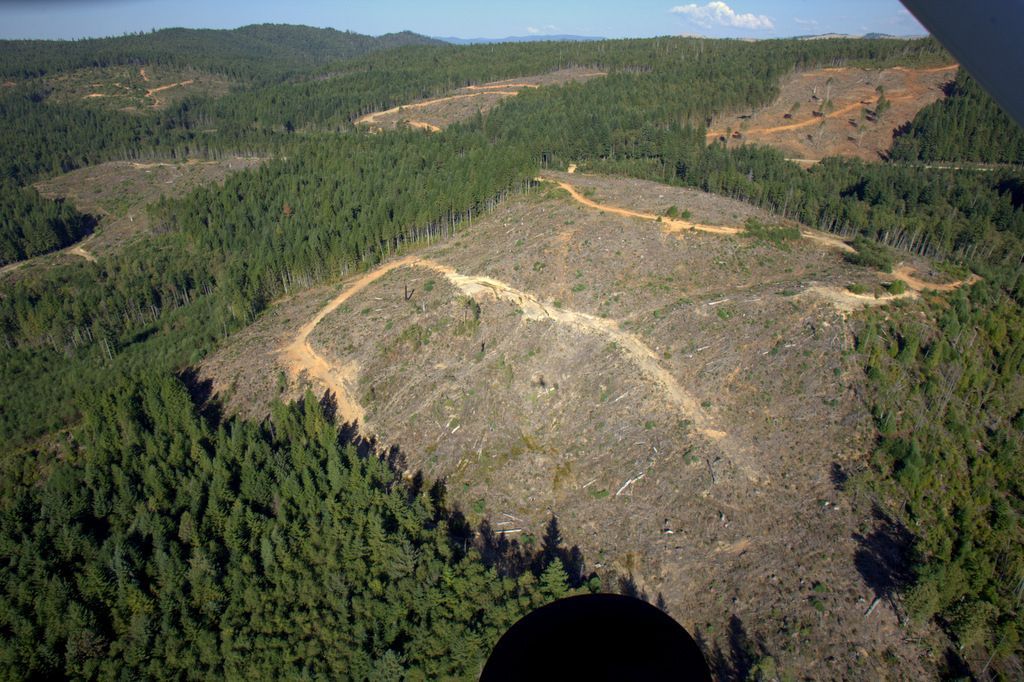PUBLICATIONS
CSE’s research, policy innovations and analyses take many forms
including peer reviewed papers, reports, content-rich blog posts
administrative and legal filings, expert testimony. If you can’t locate
what you need feel free to email us:
View Recent and Featured Work
Repairing America’s Tattered Forests: Forest Carbon Coalition's Policy Roadmap
This report contains a policy roadmap from Forest Carbon Coalition for maximizing the contribution of US forests to the fight against climate change.
Beyond Fossil Fuels: Sustainable Development Opportunities in Nunavut
Prepared for Greenpeace Canada, this report lays out a sustainable development portfolio for this indigenous region in far northern Canada.
Fossil Fuel Risk Bonds: Making the Polluters Pay for the Climate Crisis
This report describes the features of fossil fuel risk bond programs states, cities and counties can adopt to operationalize the ‘polluter pays’ principle.
Forest Carbon Tax and Reward: Journal Article
Read CSE research advocating for a forest carbon tax and reward program to regulate the GHG emissions from industrial logging and deforestation.
Pay for Performance: Optimizing Public Investments in Agricultural BMPs
Journal article describing a system that could replace practice-based cost share programs for agricultural BMPs.
The Climate Impacts of Industrial Forest Practices in North Carolina – Part 1
In Part 1 of this report, CSE estimates the greenhouse gas emissions associated with industrial forest practices in North Carolina.












